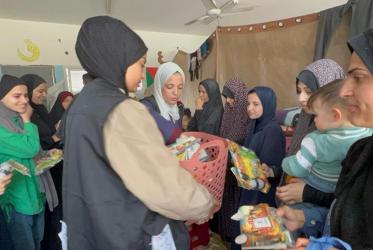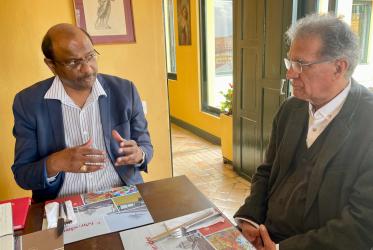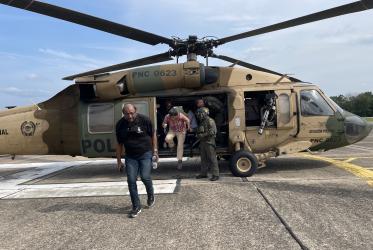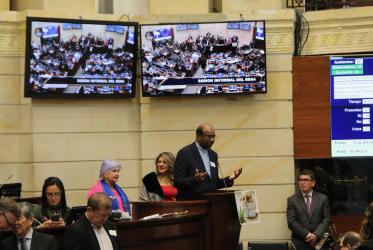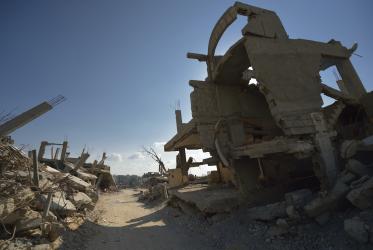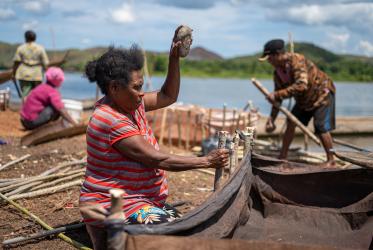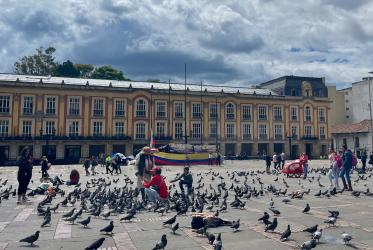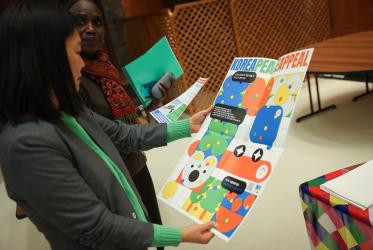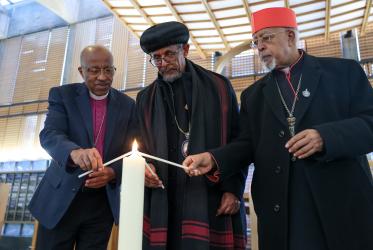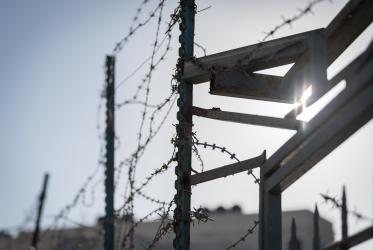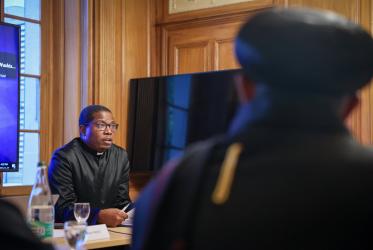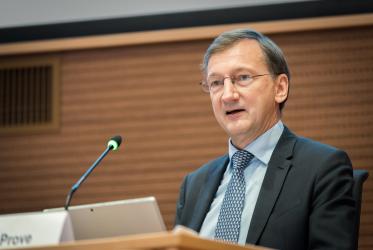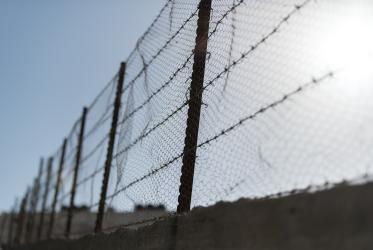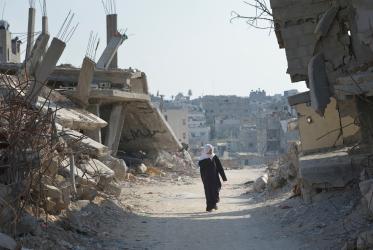Displaying 41 - 60 of 2273
21 December 2023
WCC sees firsthand those most affected by conflict in Colombia
15 December 2023
WCC general secretary speaks before Colombian senate
15 December 2023
Ecumenical Forum for Korea finds hope amidst challenges for peace
07 December 2023
Violations of human rights escalate in Masafer Yatta, Jerusalem
30 November 2023
Ecumenical Institute at Bossey shares “Beyond Boundaries” newsletter
29 November 2023
Ethiopian church leaders meet at Ecumenical Institute at Bossey
28 November 2023
WCC institute encouraged rethinking theology
23 November 2023
Violence against Palestinians is rising in the West Bank
16 November 2023
